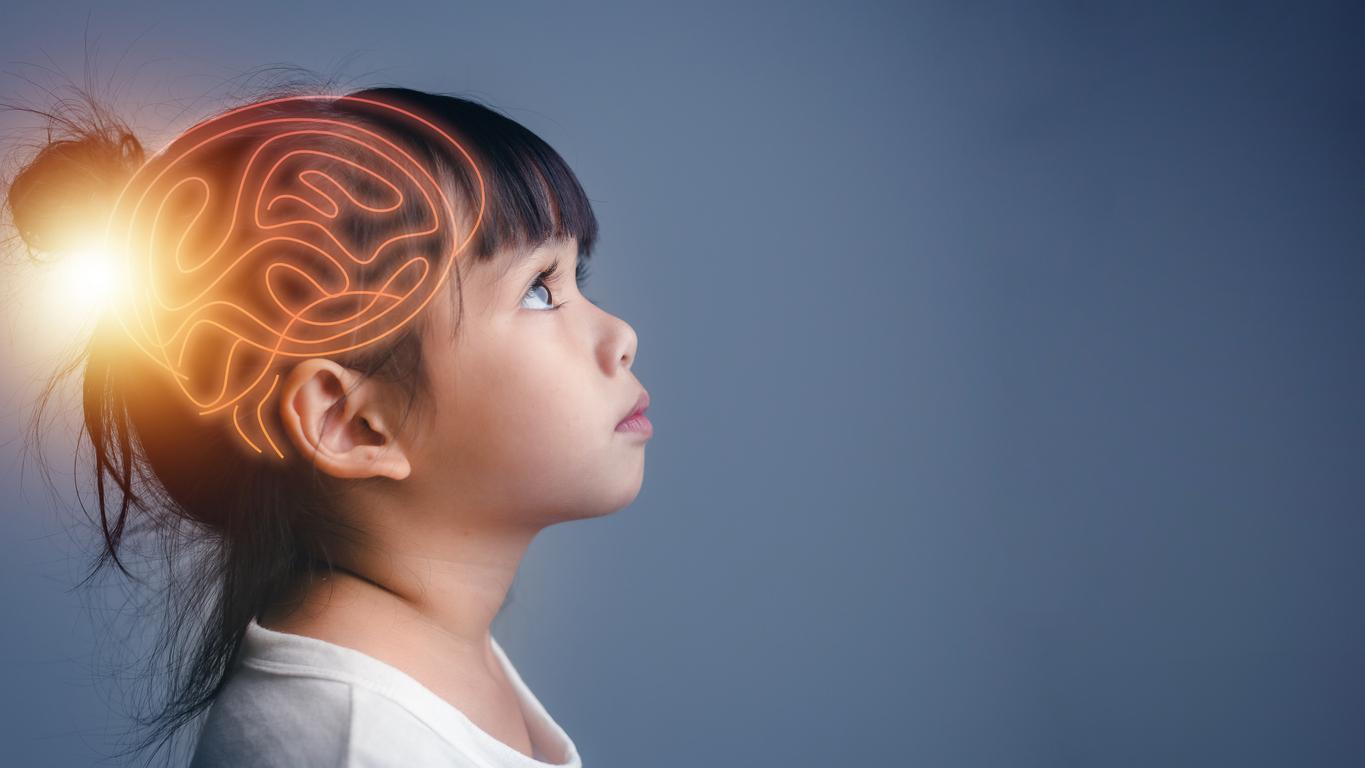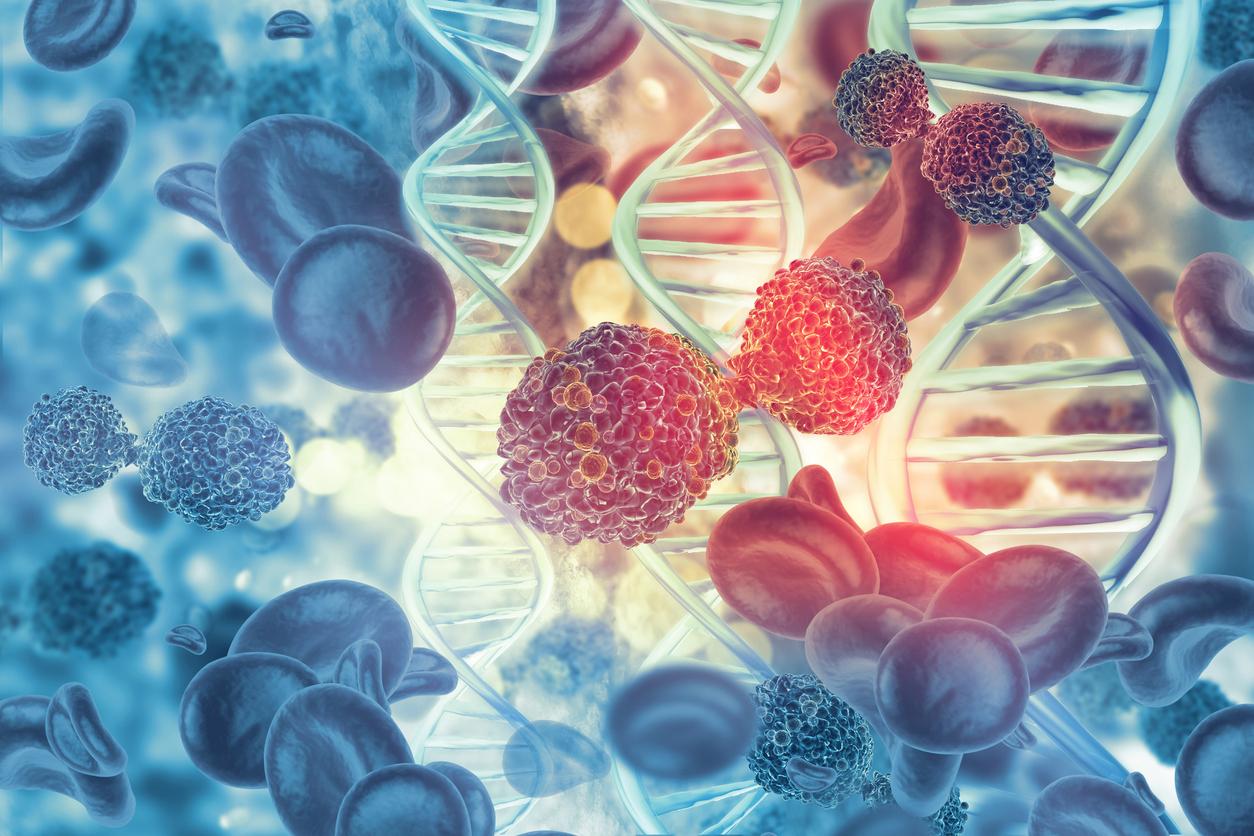Researchers note that the number of genetic mutations in the child depends on various factors, including the age of the parents at the time of conception.

We are not all equal when it comes to genetic mutations. According to a study, some children have twice as much as others. A team of Utah health university research publish their results in the journal eLife. She finds that depending on certain characteristics of the parents, the number of genetic mutations that their children will have varies.
What are the consequences of genetic mutations?
On average, each child is born with 70 genetic mutations compared to their parents’ DNA. “Some parents pass on more genetic mutations than others and this is an important source of genetic novelties and diseases,” says the research’s lead author, Aaron Quinlan. The consequences of genetic mutations on the body vary according to several criteria, including the part of the DNA they affect. In some cases, they can cause disease. Over time, new genetic mutations are added to older ones with each generation. The researchers hypothesize that this accumulation could increase the risk of developing diseases.
The age of the parents at the time of conception has a significant impact on the number of genetic mutations at birth. The older the parents, the more they will be. Men would be particularly concerned: the older they get, the more they transmit.
Large variations in the number of mutations in a small sample
To achieve these results, the scientific team analyzed the genome of 603 people, from 33 families of 3 generations. “It’s surprising that families have so many variations in the number of mutations they accumulate, underlines Aaron Quinlan, because they are similar on several points: they descend from European ancestors, live in the same geographical areas, have similar lifestyles and are exposed to the same environmental factors.” This assumes that the differences in the number of genetic mutations are much greater when the comparison is global.
.

















